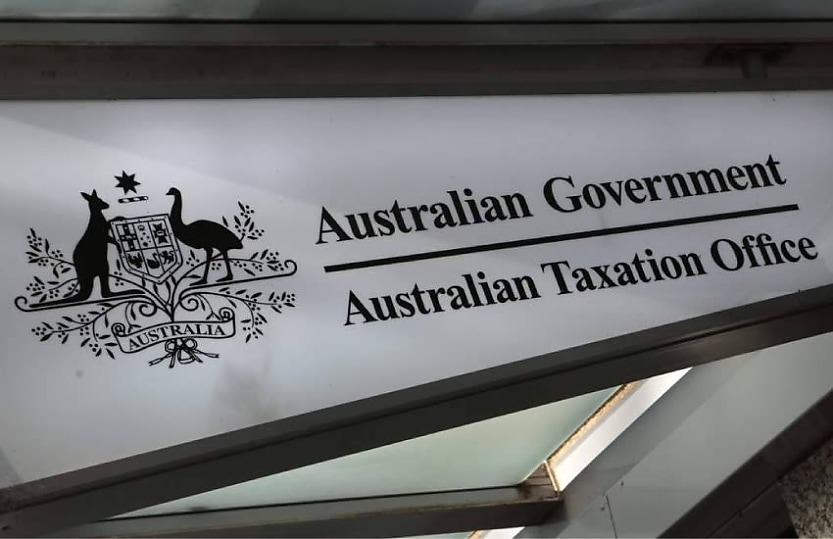‘There is no excuse’: ATO rebukes tax evaders as tip-offs flood in

The ATO has received almost 1,000 tax evasion tip-offs a week in the 2024–25 financial year, revealing hotspots in the construction, hospitality and beauty services sectors.
Over 300,000 community tip-offs have flooded into the tax office since July 2019, mostly related to shadow economy activity, including demands for cash payment or incorrectly claimed business expenses.
The construction, hospitality and hairdressing industries saw a surge in red flags in 2024–25, the Tax Office found.
“When someone cheats the system, they’re not just breaking the law, they’re freeloading on honest businesses and the rest of the community,” ATO assistant commissioner Tony Goding said.
“Paying tax is not optional. Sooner or later, and probably sooner, if you’re operating in the shadow economy, the ATO will discover this, through our extensive data-matching [initiatives] or as a result of a tip-off from one of your workers, customers or competitors.”
The ATO said that tip-offs levelled the playing field and prevented law-abiding businesses from being disadvantaged due to their honesty. Tax evasion could bring on significant penalties and possible criminal sanctions, it cautioned.
“People evading their tax and super obligations are directly harming honest businesses and putting an increased burden on other Australians. There really is no excuse,” Goding said.
“It’s unfair competition and it’s illegal. And when you’re caught, you don’t just have to cough up the tax. You’ll also face significant penalties plus interest on unpaid taxes and possibly even criminal sanctions.”
Common red flags for tax evasion included apparent discrepancies between business activity and profits, the absence of proper documentation, and workers being paid in cash.
“A luxury car parked outside a business that claims to be struggling? A café that’s always busy but never seems to report profits or employees? Workers being paid in cash and not receiving payslips or super? These are the suspicions that Australians are flagging,” the ATO said.
NSW was the leading state for tip-offs in 2024–25 with 15,907 reports made, followed by Victoria (11,890) and Queensland (10,630).
Approximately 85 per cent of tip-offs analysed by the ATO in 2024–25 were found to be suitable for further investigation.
Reported businesses and individuals included those who didn’t declare their income, demanded or paid for work in cash to avoid tax, lived lifestyles that didn’t match their known income and failed to report all sales.
“When we receive information through a tip-off, we cross-check the information and assess whether further action is required,” Goding said.
About the author

